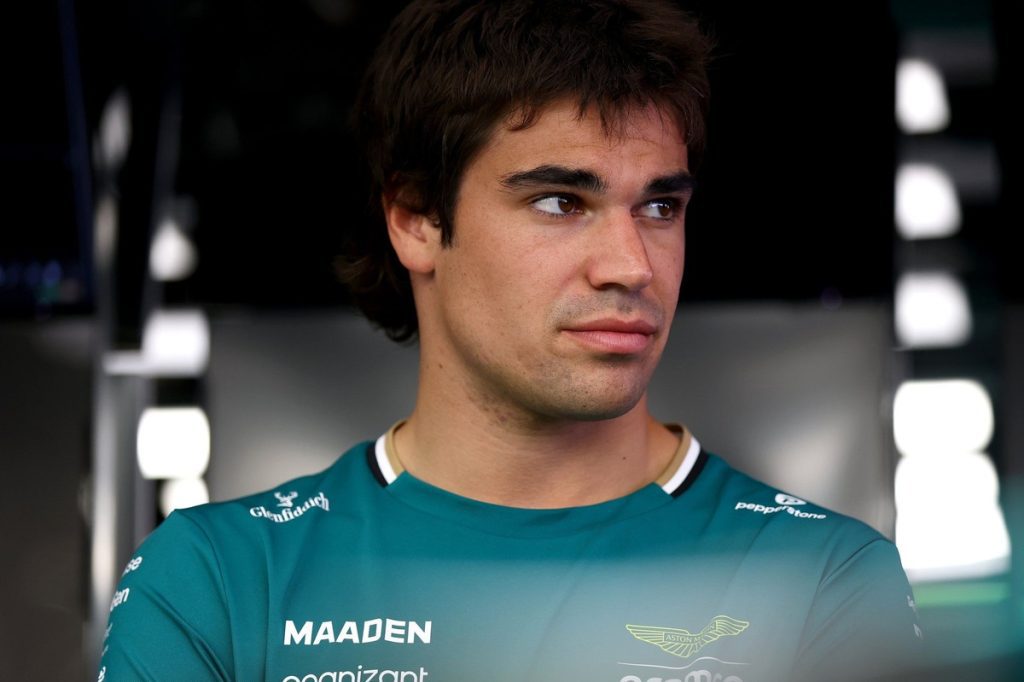Following last year’s Spanish Grand Prix in Barcelona, we expressed hopes for a restful night for Mercedes team principal Toto Wolff. This was mainly due to his noteworthy press conference where he criticized the “lunatics” responsible for “online abuse” against his team, stemming from outlandish conspiracy theories.
Fast forward a year, the central issue persists; however, this time Lance Stroll has found himself under the magnifying glass of online ire. Rarely does a week pass without unsettling reports from the digital arena—ranging from rampant Franco Colapinto fans hurling racial slurs at Yuki Tsunoda, to the relentless feuds between followers of Lewis Hamilton and Max Verstappen. The fallout from race day in Barcelona has only intensified these disputes.
Prior to the Barcelona race, another individual was already facing backlash: Stroll. The criticism aimed at the Canadian was utterly unfounded, as he had to withdraw from the Spanish Grand Prix due to injury. Online reactions included labels like “rich kid,” “softie,” and “unprofessional,” and bizarrely suggested, “why don’t you play tennis!”—given that Stroll’s absence was due to a lingering hand injury.
It’s alarming to see that the bulk of comments targeting Stroll were laced with ridicule and, in the unchecked realm of social media, many descended into hate speech. This raises the question: why does this happen? Is it simply a reflection of our envy-driven society? With Stroll’s wealthy background, could he be a prime target for such negativity?
From a journalistic view, having met Stroll a few times, it’s clear that he can come across as awkward. He tends to offer brief responses and appears disengaged. While these traits have earned Kimi Raikkonen adoration among fans, Stroll seems to garner the opposite reaction. Is that due to inconsistent performances, or is it merely a tired stereotype?
Certainly, Stroll has had his share of poor outings—like his crash in Sao Paulo last year during the formation lap, which caused Brazilian fans to chant for reserve driver Drugovich. Yet, he also shines on certain tracks, showing promise during wet conditions or on circuits he favors, such as Baku or Monza. Interestingly, this inconsistency isn’t unique to him; even Lewis Hamilton has had “mood-driven” weekends.
In conclusion, while Stroll may not become a world champion, he is undoubtedly a more skilled racer than his reputation suggests. He deserves a fair evaluation, especially regarding his injury from a cycling accident two years prior. Speculating on his medical decisions from afar is futile; he is the best judge of his own condition, and if surgery is necessary, it is prudent to address it. Stroll has shown that he cares deeply about his performance, and perhaps it’s time we reevaluate his standing in the sport.



